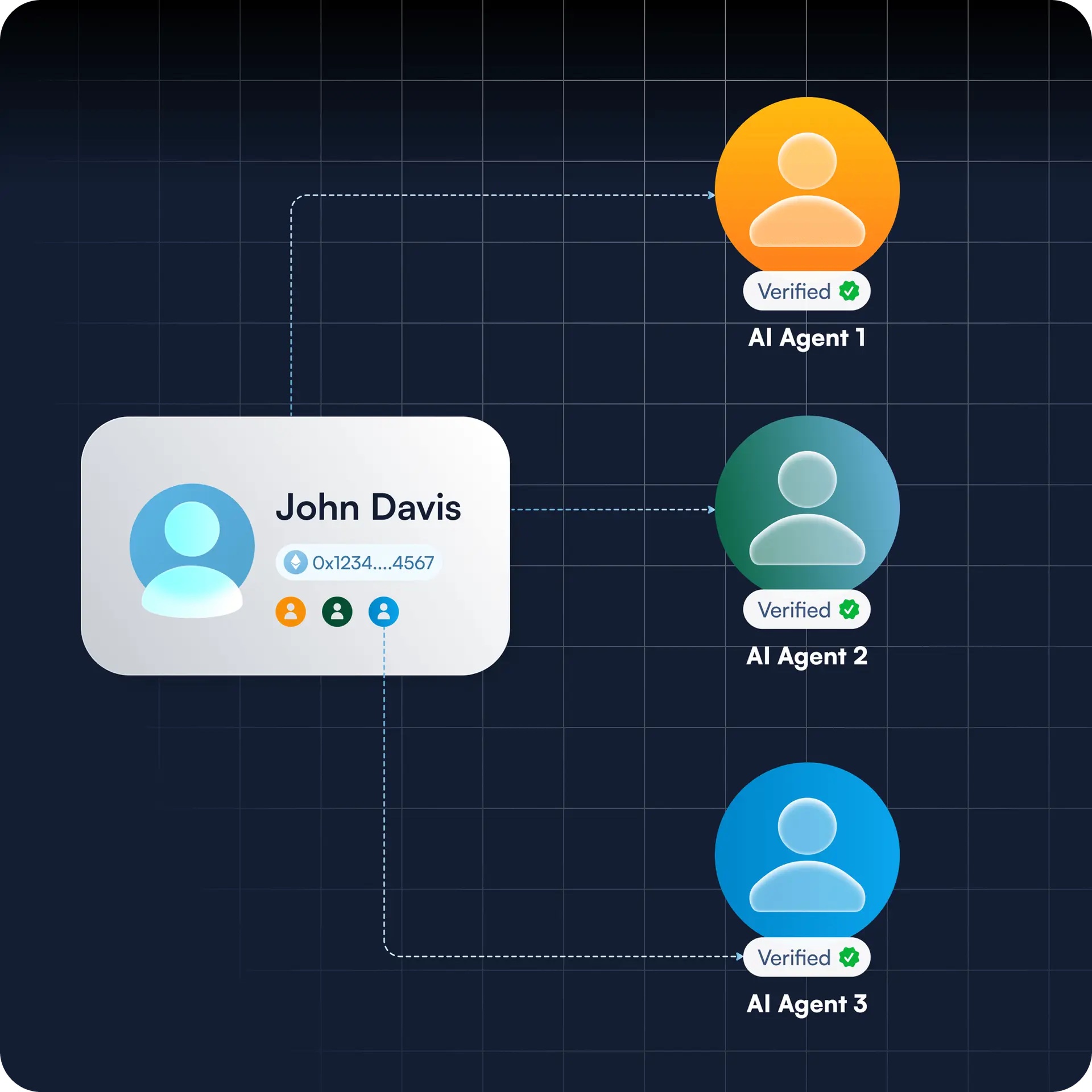The AI economy is here; Are we ready to Identify “AI consumers?”

Amazon launched the new “Buy for Me” feature in March this year, allowing users to place orders on other brand websites with just a tap in the app. AI will fill in the information and complete the payment, without requiring any manual input from the user.
Services such as these, in which an AI agent “does the work for you,” are rapidly gaining popularity. It’s not just Amazon, but more and more services are letting AI help you with everyday chores: checking airfares, comparing prices, booking restaurants, paying bills, and scheduling trips. AI will even know if you don’t eat cilantro, so it can automatically select the right restaurant for you.
Instead of just giving advice, AI is actually starting to “make decisions and execute actions” for you.

But how can a platform tell it’s not being hacked?
The shift has also redefined the “trust relationship between platforms and users.”
For platforms, new rules are needed to determine: who placed this order? Who authorized this payment? Did a human intentionally initiate the action? Was it carried out autonomously by AI? Or was it the result of a security breach?
After all, to many websites, AI agents often resemble web crawlers, and their activity may even be indistinguishable from malicious attacks. According to a survey conducted by Oasis Security, the number of nonhuman identities created by AI agents is growing at a rapid rate, far outpacing the growth of human accounts, and driving a parallel rise in security risk.
Two new challenges in identity authentication
As more and more operations are performed by AI, the notion of “identity” in the digital world is being redefined. In the future, the need for identity verification will not just be about verifying whether a user is logged in or not, but will require a two-stage determination process.
The first is: Are you a real human (proof of humanity)?
In the age of AI-generated accounts and widespread fake identities, verifying that a real human is behind an account has become increasingly important. One example is Tools for Humanity, a biometrics startup funded by OpenAI cofounder Sam Altman, which uses an iris-scanning device called Orb to recognize a real person.
The second is: Has this AI been authorized by a real person (agent verification)?
When AI starts to help people make decisions and handle tasks, we also need to verify: who authorized this AI? What permissions does it have?
To address this challenge, a new approach to authentication is emerging: allowing AI agents to have digital credentials resembling a “passport and visa,” enabling platforms to verify both identity and authorization in real time.
We can think of this as the process of entering a country: when you arrive in a foreign country, immigration agents do not need to know you personally; they only need to confirm that your passport and visa are authentic and valid, and then they will let you pass through customs.
One notable startup in this space is Terminal 3, which was founded to enhance security in online identity authentication and data authorization. They designed the “Agent Auth” mechanism to provide AI agents with a verifiable and traceable digital identity with task authorization attached, so that platforms can immediately determine whether the AI’s current actions have been legitimately authorized by the user. Currently, platforms and domains that place a high priority on privacy and authorization—such as education, finance, and government—have begun to adopt Terminal 3 technology to address identity trust issues.

Going back to the beginning, in the future digital world, not every transaction will be carried out directly by a human, but more often than not, tasks will be executed on their behalf by AI agents.
To make this future possible, we need a new set of infrastructure: one that issues digital identities and task-specific visas to AI agents, and provides standardized verification mechanisms. This is perhaps the most critical, but currently underestimated, area of innovation in the coming decade.
#AIAgents #DigitalIdentity #AutomationSecurity #FutureOfAI #TrustInfrastructure
- Art
- Causes
- Crafts
- Dance
- Drinks
- Film
- Fitness
- Food
- Jeux
- Gardening
- Health
- Domicile
- Literature
- Music
- Networking
- Autre
- Party
- Religion
- Shopping
- Sports
- Theater
- Wellness


